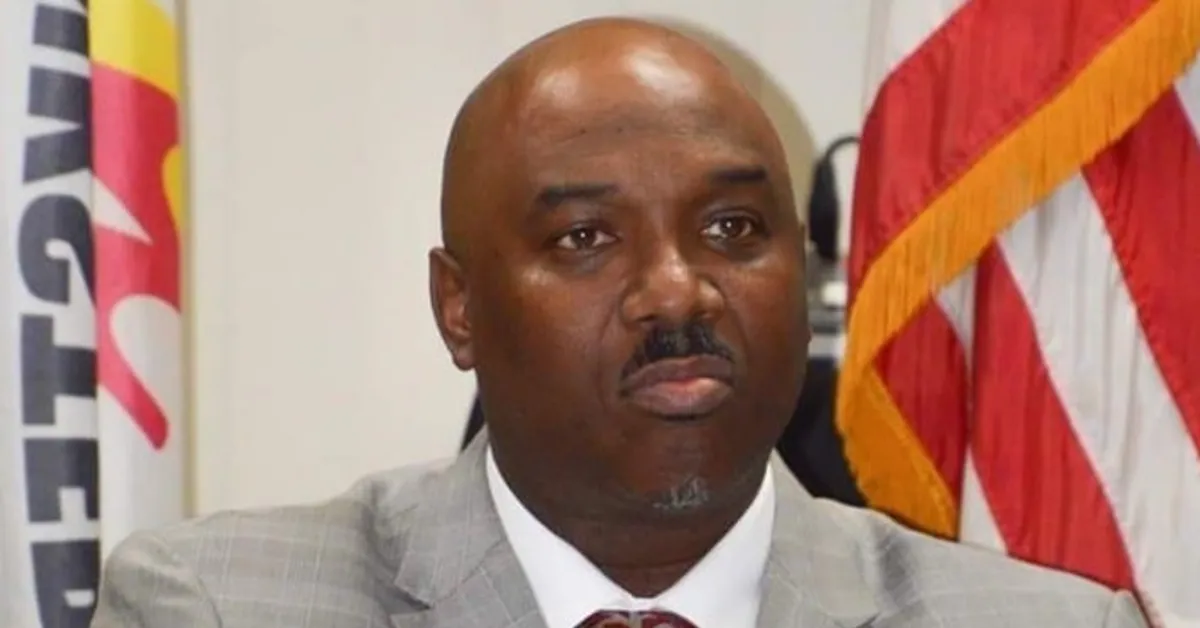[Updated] Wimberly's Legal Fog Amidst Michigan Cannabis Scandals

Correction and Update: The initial article contained speculative content regarding the nature of the charges against Inkster Mayor Patrick Wimberly, suggesting they might be related to marijuana industry corruption due to existing patterns in Michigan. However, subsequent developments have provided clarity, revealing that the charges against Mayor Wimberly are unrelated to the cannabis industry. The mayor has been indicted on a federal bribery charge, alleged to have demanded and accepted bribes to facilitate the sale of city property. We apologize for any confusion or misrepresentation the initial piece might have caused and are committed to providing accurate and verified information.
In recent months, Michigan has witnessed a series of high-profile cannabis-related corruption cases, causing a ripple of concern through the burgeoning marijuana industry and its regulatory apparatus. The spotlight is now shone on Inkster Mayor Patrick Wimberly, as federal prosecutors prepare to charge him with a felony following a public corruption investigation. Though specifics of the case remain under the veil of sealed court documents, the history of cannabis-related malfeasance in the state prompts speculation about potential parallels.
One notable case that has reverberated through Michigan's political and business circles involved former Michigan House Speaker Rick Johnson. Johnson, who was deeply entrenched in the regulatory frameworks governing the state's nascent medical marijuana industry, was sentenced to 55 months in federal prison for accepting bribes exceeding $110,200, a scenario further complicated by the involvement of lobbyists' funded liaisons during his leadership of the medical marijuana licensing board.
Additionally, the sentencing of Detroit businessman John Dalaly to 28 months in prison for bribing the former head of Michigan's marijuana licensing board and the conviction of Ryan Richmond, a Michigan dispensary owner, for tax evasion and obstruction of the IRS, underlines an unsettling pattern of corruption and financial malfeasance within the state's cannabis industry.
With this backdrop, the sealed court order related to Mayor Wimberly, though offering no explicit insights, does spark conjecture. Wimberly, apart from his political career, is identified as a marijuana entrepreneur, tying him directly to an industry that has recently seen several of its players implicated in bribery, tax evasion, and other corrupt practices.
It is crucial to underscore that the insinuations drawn between Wimberly's impending charge and the aforementioned cases are speculative and unconfirmed. Legal proceedings are bound by principles of presumption of innocence until proven guilty, and as such, any assertions regarding Wimberly's case remain hypothetical until detailed charges are unveiled.
Yet, the pattern observed in recent cases, especially concerning individuals who straddle the lines between cannabis entrepreneurship and regulatory roles, raises pertinent questions about the mechanisms in place to safeguard against corruption in this rapidly expanding industry.
As Michigan's cannabis industry continues to burgeon, ensuring robust, transparent, and corruption-free regulatory and business environments is paramount. Learning from the cases of Johnson and others, establishing clear boundaries between business interests and regulatory oversight, alongside stringent financial transparency requirements, may serve as pivotal steps in mitigating potential conflicts of interest and corruption.
The upcoming weeks will likely shed more light on the specifics of the case against Mayor Wimberly. As we await further details, the conversation about ensuring the ethical and transparent development of Michigan's cannabis industry remains ever crucial and timely.
Share this article:
Spotted a typo, grammatical error, or a factual inaccuracy? Let us know - we're committed to correcting errors swiftly and accurately!








 Helpful Links
Helpful Links